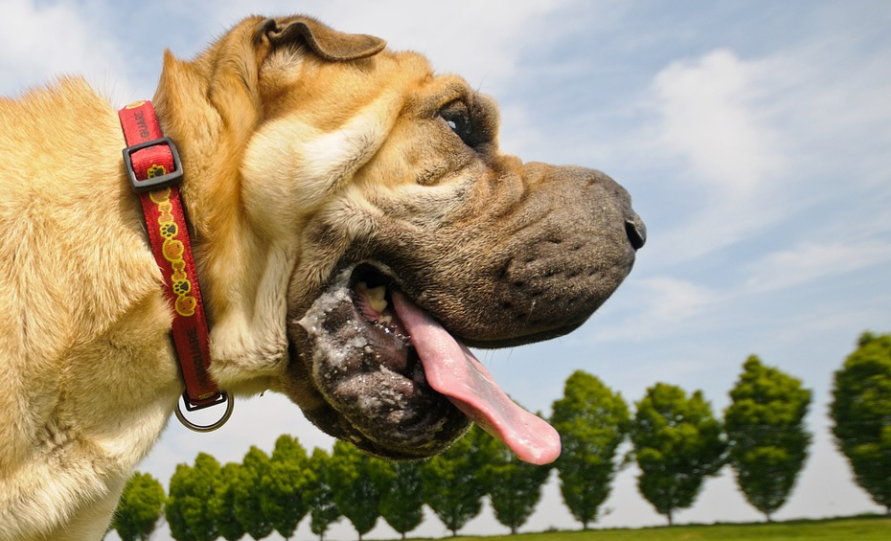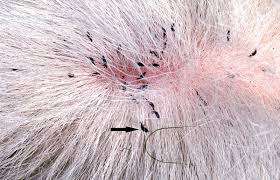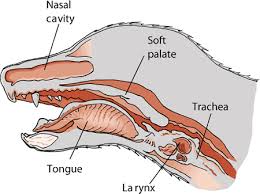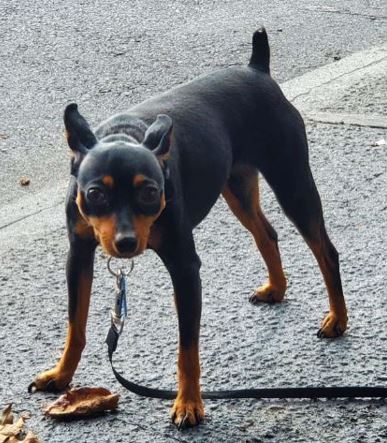Dog drooling all of a sudden? These might be the reasons

Have you ever wondered why your dog is drooling? If yes, then you aren’t alone. Dogs love to chomp on different kinds of objects and often end up with a drooling mouth. However, drooling can also have various health-related causes; therefore, it's advisable to consult your vet if your dog has become prone to drooling suddenly or frequently. Moreover, if you find the sight of a dog dripping with saliva unappealing, you can always wipe their mouths off after they've eaten.
Below we will be going over some of the most common reason as to why your dog might suddenly start drooling.Dog’s salivary glands
Your dog has just finished eating
Your dog is experiencing some kind of health issue.
You’ve been feeding your dog something new and that’s causing the drooling
Stress can be the cause
What about nausea?
Your dog might have allergies
Is there something in his mouth?
Toxins/Poisons
He May Have an Infection
He May Be About to Throw Up
Heat stress
Tooth Pain
Dogs drool when they are excited.
ection: Dog’s salivary glands Dogs who drool excessively or have a sudden increase in drooling, may have a condition known as hypersalivation. While drooling is a common response to being hot or nervous, hypersalivation is caused by an underlying problem. Sudden onset of excessive drooling can signify a medical emergency.
Dogs with hypersalivation may also paw at their faces, have a bad odor to their breath, have swollen gums, and may even vomit saliva.
Dog’s salivary glands can be the cause of excessive drooling. The two main reasons this occurs are when the salivary duct becomes blocked or when there is an abnormality with the salivary glands. Dogs with foreign bodies in their mouths are also prone to excessive drooling as they try to dislodge the object.
Medications, like those for allergies and anxiety, can also cause hypersalivation. If your dog has recently been given one of these medications, contact your veterinarian immediately with any concerns about excessive drooling.
Section: Your dog has just finished eating It's perfectly normal for dogs to drool after eating or drinking. Just as humans produce saliva to aid digestion, your dog's mouth produces excess saliva when she's enjoying a meal. The extra saliva produced by drinking and eating stimulates the nerves in your dog's mouth and throat that regulate salivation. The more food or water your dog consumes, the more saliva is produced. In addition, food and water that tumbles over the sides of her bowl may dribble out of her mouth while she eats.
Dogs also drool when they are anticipating a meal or a tasty treat. If your pooch is salivating heavily after you've prepared a meal for yourself or when you bring out the bag that holds his favorite treats, he may be reacting to the smell of food.
Dogs produce an enzyme called amylase in their saliva to help break down carbs and starches in food. This activity takes place in the mouth and if your canine companion is slobbering while you eat, it may just be his way of saying, "Yum", or perhaps even "Can I have some?".
Dogs can drool when they have an upset stomach or an illness that causes nausea, just like people do. This can be a sign of something minor, such as motion sickness, or something more serious, like distemper or parvo virus. If your dog has been ill recently and is now drooling, talk to your vet to see if there’s a connection.
Maybe your dog is just extra excited about mealtime! Drooling sometimes happens when you offer your pet something extra tasty, like a new food supplement or a bit of rawhide. If his mouth waters every time you reach for that package, it could be the cause of his newfound slobberiness.
This new food you might have introduced will usually cause excitement in your dog which in turn cause some slob.
Dogs may also drool when they are stressed, anxious or fearful. When a situation causes your pet stress, such as seeing another uncaged dog at the veterinary clinic, her body produces hormones including adrenaline, which can cause her to drool excessively. If your dog becomes upset during a car ride, she may also drool due to motion sickness.
It could be a sign of nausea. Nausea in dogs is not uncommon, and there are many different reasons why it could occur. Just like in people, an upset stomach can cause excessive saliva production. If your dog’s nausea is severe, they may also experience vomiting or diarrhea. This isn't always due to something they ate, either, gastrointestinal issues can pop up as a result of infections or parasites, too.
It's also possible that your dog has developed allergies to something in their environment. They could be allergic to a specific food or even a new cleaning product you recently started using around the house. If this is the case, the allergies would need to be addressed with an antihistamine or some other medication.
Dogs will sometimes drool when they're chewing on a toy or bone, or when they happen to pick up something particularly tasty off the ground. If he's been doing anything like that recently, it may explain his extra saliva.
Toxicity\n Poisons can also cause excessive drooling in dogs. For instance, a toxic dose of chocolate can cause muscle tremors and an abnormal heart rhythm in dogs as well as excessive drool. If you suspect your dog has ingested something toxic, take him to the vet immediately!
If you notice that your dog is drooling and showing other signs of sickness, like lethargy or loss of appetite, there's a chance he might have some sort of infection. This could be in his mouth, or it could be somewhere else in his body. If he seems to be really uncomfortable it's best to take him to the vet as soon as possible, so they can figure out what's wrong and get him some help.
Sometimes dogs will drool if they're about to throw up. You'll often see this happen when you're driving with them in the car and they see something out the window that makes them sick (like another animal). You'll also see this happen if they've eaten something that doesn't agree with them or if they're feeling under the weather from another source. If your dog is drooling excessively and then throws up, there may actually be something stuck in his esophagus.
Dogs don't sweat much, but they do salivate in order to cool themselves down. In extreme situations, heat stress can be fatal for dogs, so it's important to keep them cool during hot weather.
Dogs will also drool excessively if they have a toothache. Their teeth may hurt because of gum disease or broken teeth. Your veterinarian can recommend treatment options for either disorder.
When your dog is feeling excited, drool will probably fall from their mouth. Dogs sometimes drool in anticipation of getting something good to eat, such as their dinner or another animal's dinner.
Conclusion
If your dog has started drooling a lot more than usual, it's important to figure out why. The first thing to do is determine if this is a recent change or not. If your dog has always tended to be a big drooler, perhaps because of his face shape or the size of his jowls, you might not have noticed that he's suddenly started producing even more saliva.
If, however, he's been "all of a sudden" drooling much more than usual for the past few days, it's time to take action. Even if the drool isn't excessive, and there are no other symptoms present, it can be a sign that something is wrong with your dog.





